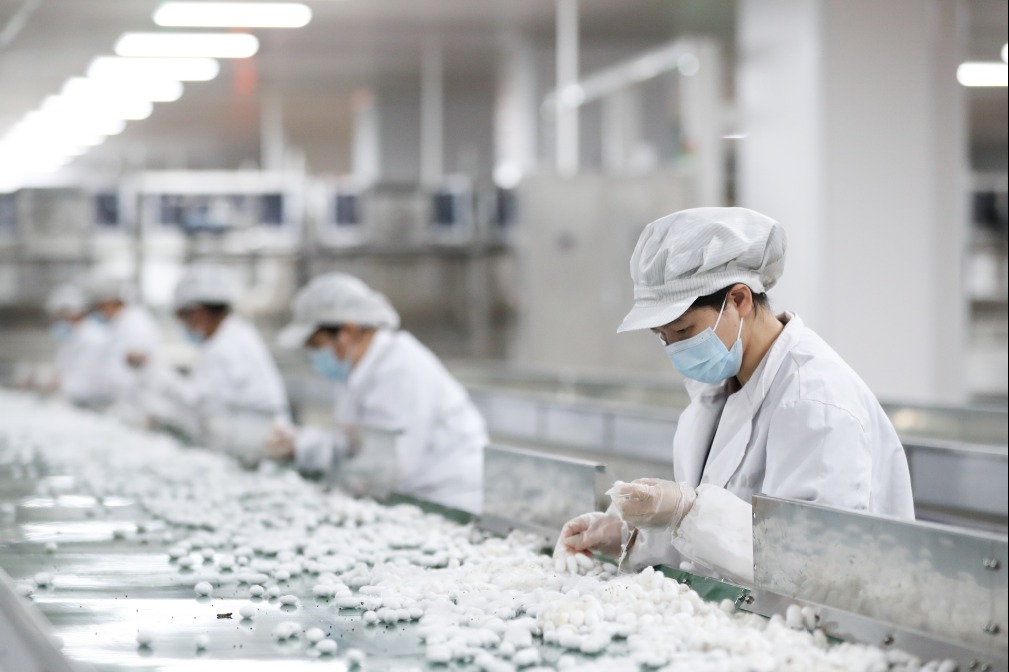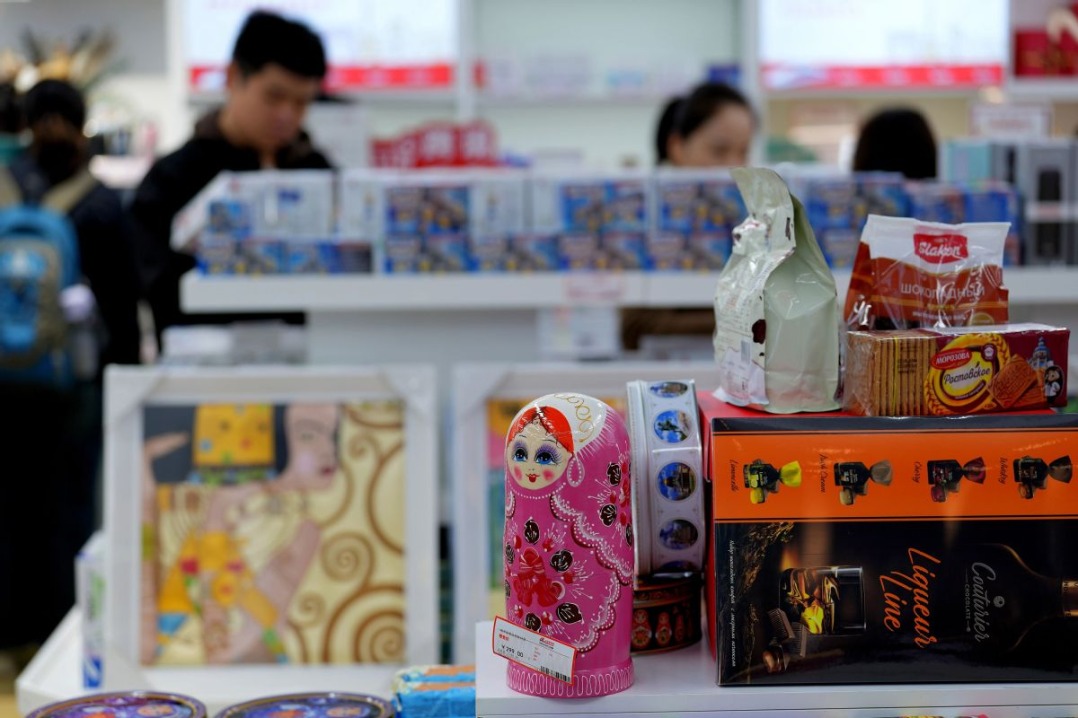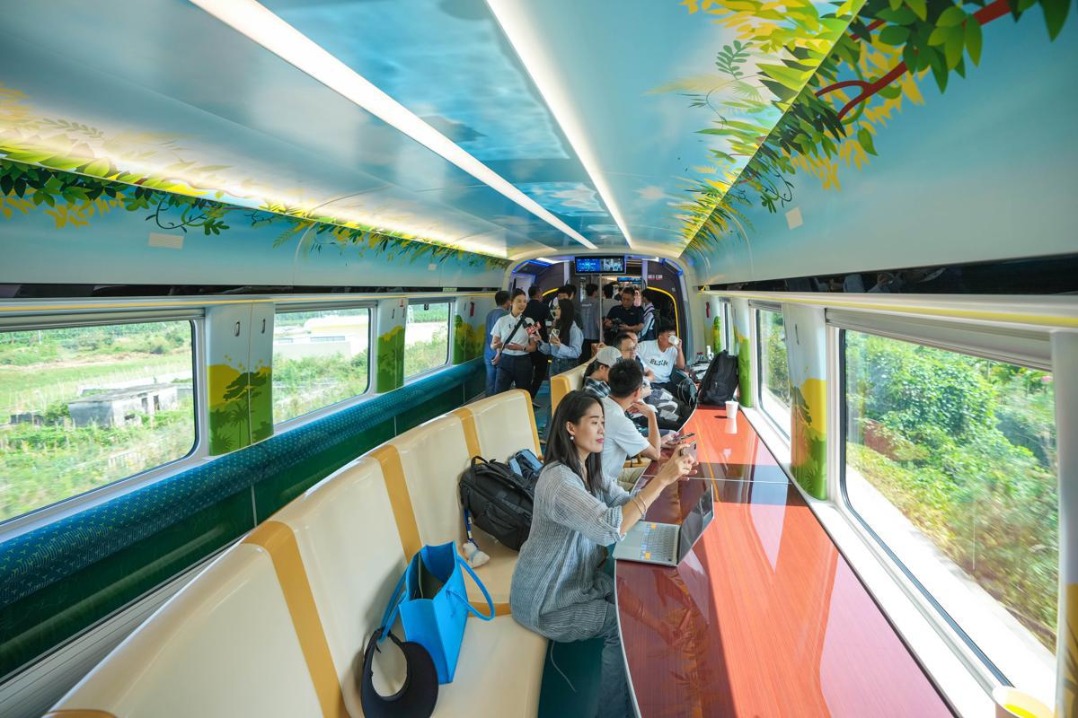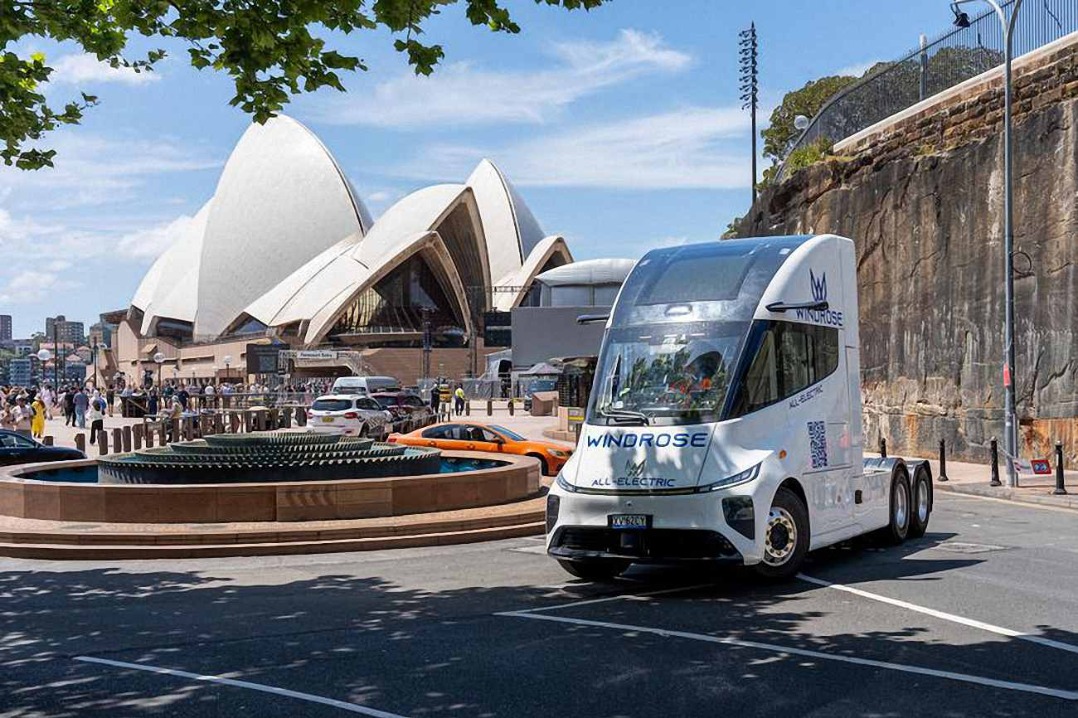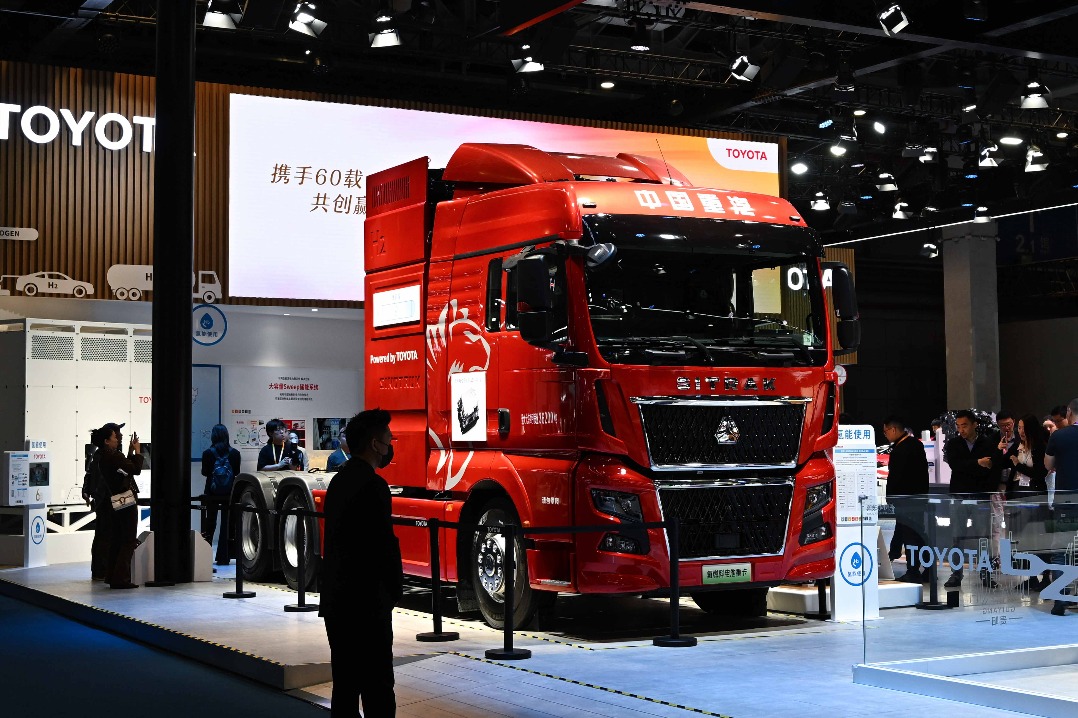Key Hyundai affiliate aims to muscle into electric vehicle market

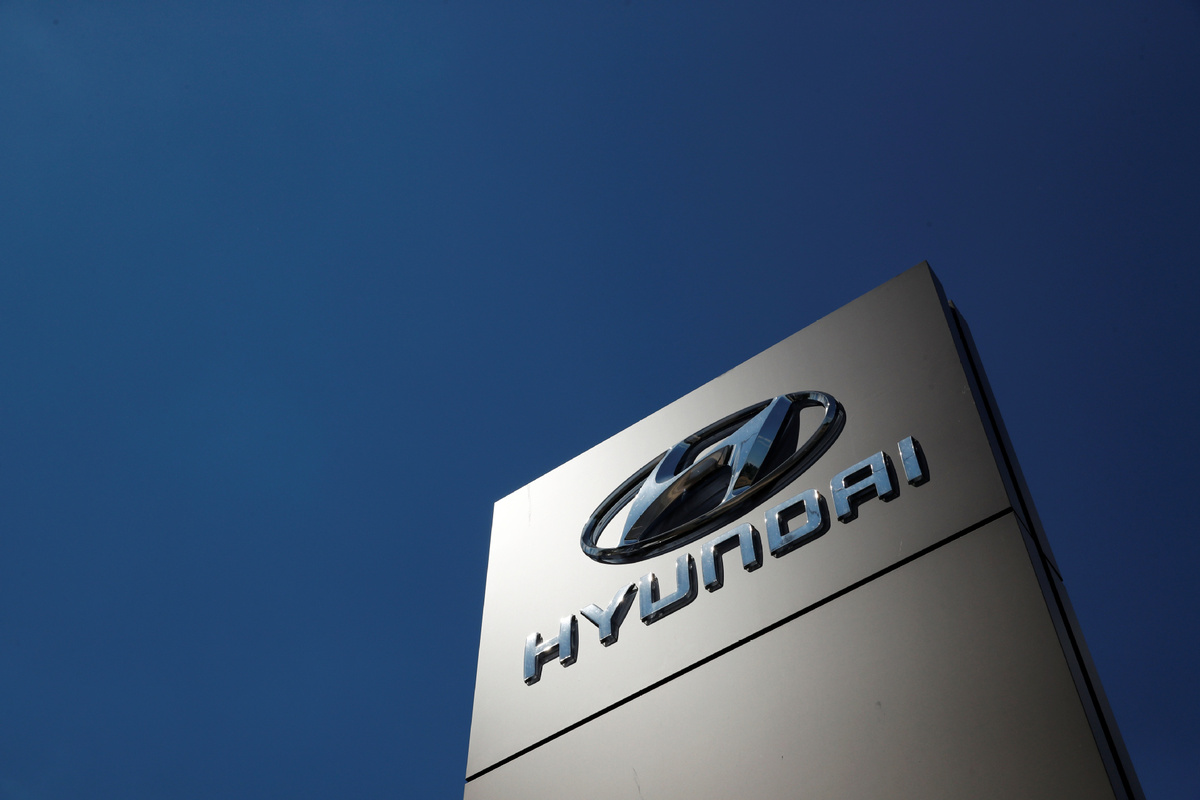
As Tesla accelerates its shift to electric cars, Hyundai Motor's loyal suppliers have increasingly turned to "outsiders" for parts.
But now the South Korean carmaker's own supply company, Mobis, is entering the game.
Hyundai Mobis is in talks with two global automakers to supply electrified parts, its executive told Reuters, as it hopes to boost volume and lower prices. The move is a direct response to companies such as Volkswagen and Tesla muscling in with suppliers with which Hyundai had worked for decades.
"We were not able to supply other companies because we were busy keeping up with Hyundai's growth. Now this has changed," said Ahn Byung-ki, senior vice-president of electric powertrain business at Hyundai Mobis.
"If we increase outside sales, overall prices will drop and it will benefit everyone involved."
Hyundai Mobis, in which Hyundai Motor Group chairman Chung Mong-koo is the biggest individual shareholder, gets more than 90 percent of its revenue from the mother ship.
Ahn said reducing electric vehicle costs is key to competing with cheaper gasoline cars without subsidies, especially as Chinese rivals undercut Hyundai, and Tesla accelerates the industry's shift to EVs.
He said Mobis hoped to win orders from a couple global automakers as early as this year, marking its first deal to supply electrified powertrains, although it has supplied other parts of EVs or gasoline cars to Fiat-Chrysler and others.
Hyundai suppliers can leverage Hyundai's longtime experience with developing eco-friendly cars, he said, which puts them ahead of European peers who have focused on diesel.
Hyundai Motor and its affiliate Kia Motors ranked third in global battery electric vehicle sales last year, behind Tesla and Renault-Nissan, according to researcher LMC Automotive.
Hyundai Motor Group's heir, Euisun Chung, recently said Hyundai hopes to have more than 10 percent of EV global market share in 2025.
Logistics affiliate Hyundai Glovis Co Ltd, which counts Euisun Chung as its biggest shareholder, has also expanded customers from Hyundai to Tesla and Volkswagen to transport vehicles across continents.
Like many of Korea's family-owned conglomerates, or chaebol, Hyundai Group is deeply invested in vertical integration, with affiliates making key parts and even steel.
Family members, aides and others close to the company founded key suppliers.
After years of breakneck growth, however, Hyundai-Kia's production volume began trending down in 2016, hitting suppliers and moving them to rely less on Hyundai.
Reuters
- Europe's shift to electric vehicles picking up despite recession
- S. Korea's Hyundai Motor exports fuel cell heavy-duty truck to Europe
- Drive-in concert held in S. Korea for safety, comfort from COVID-19
- Hyundai halts work after worker tests positive for coronavirus
- Vehicle sales targets slashed in wake of virus outbreak
















